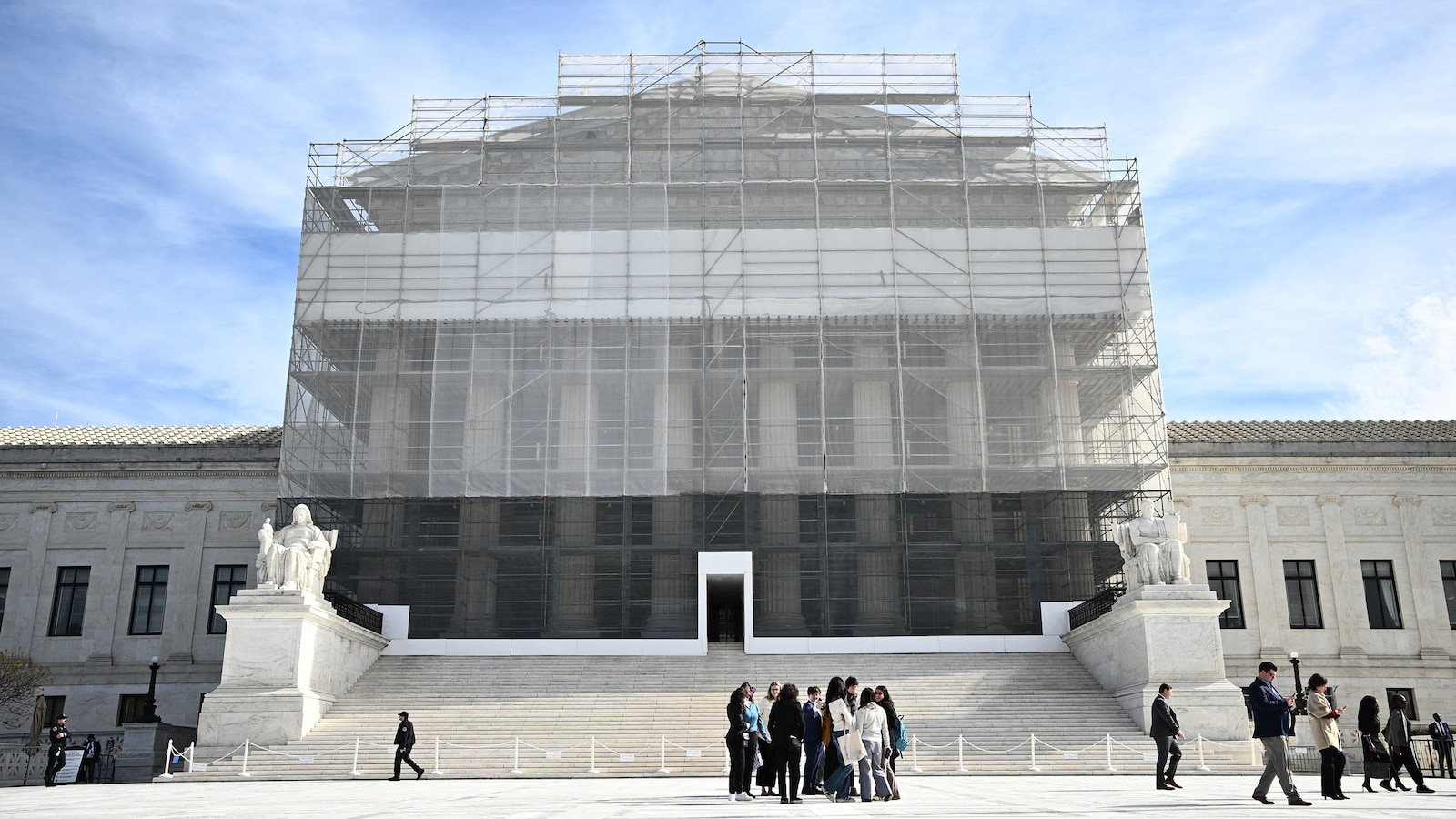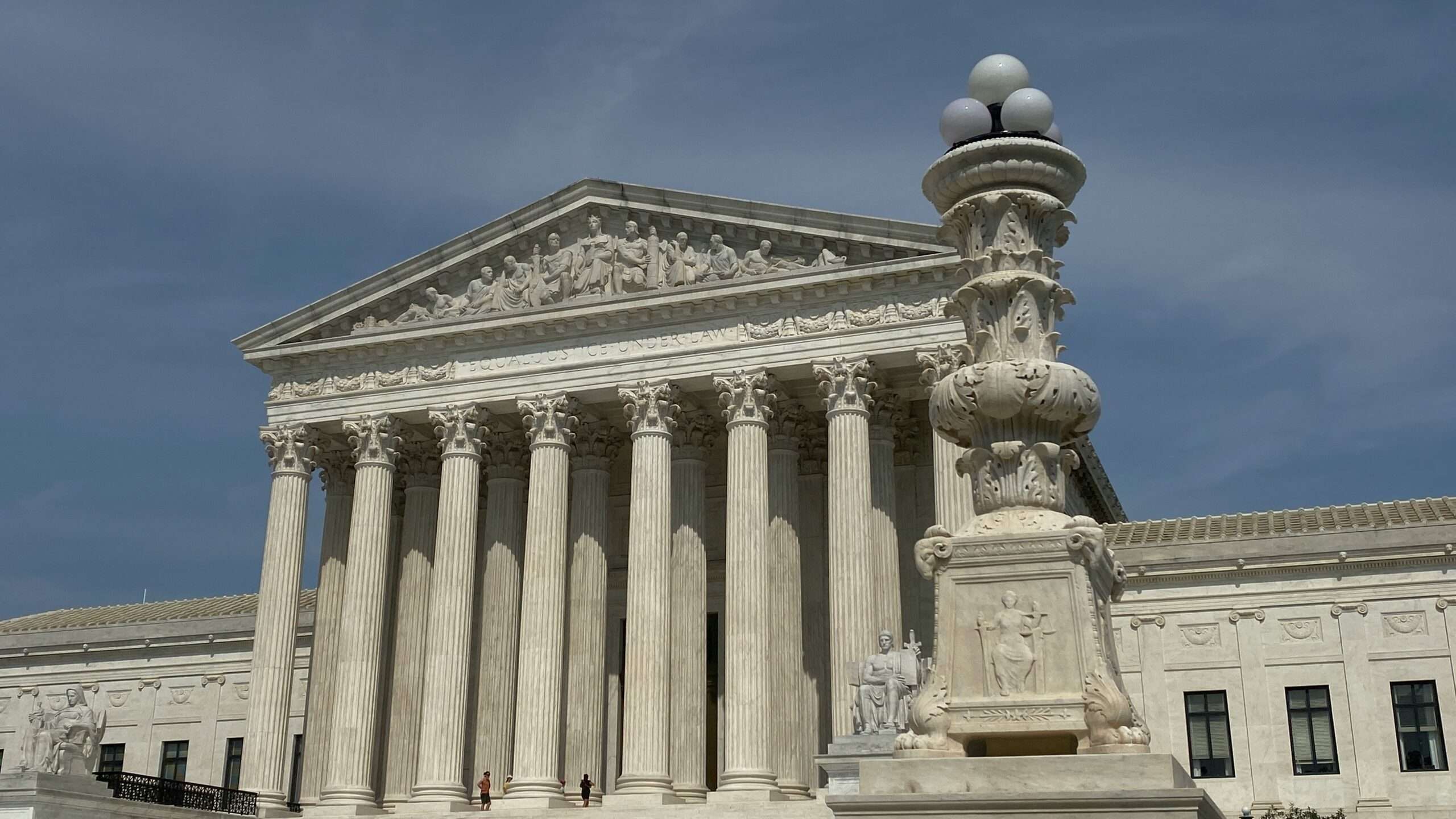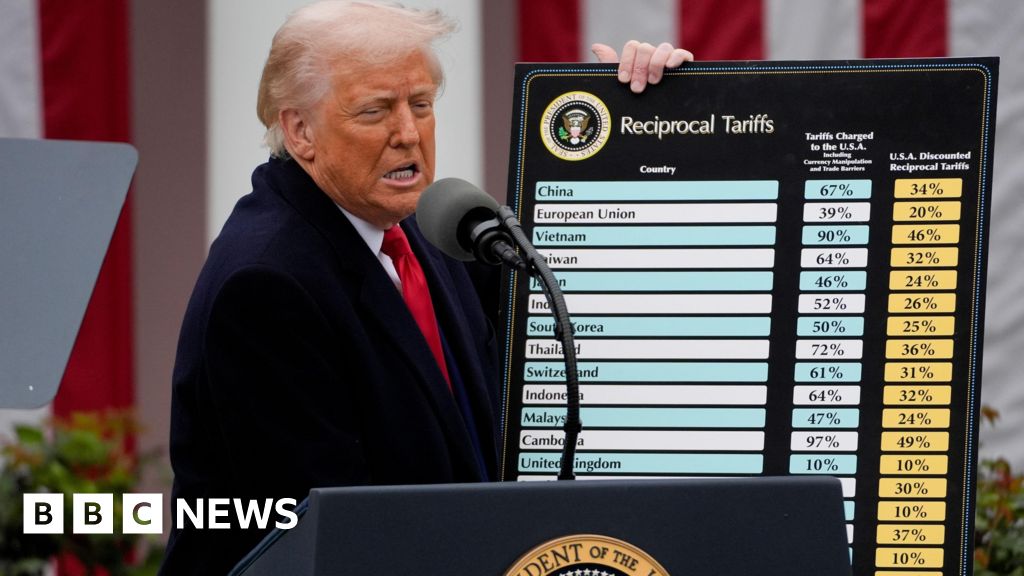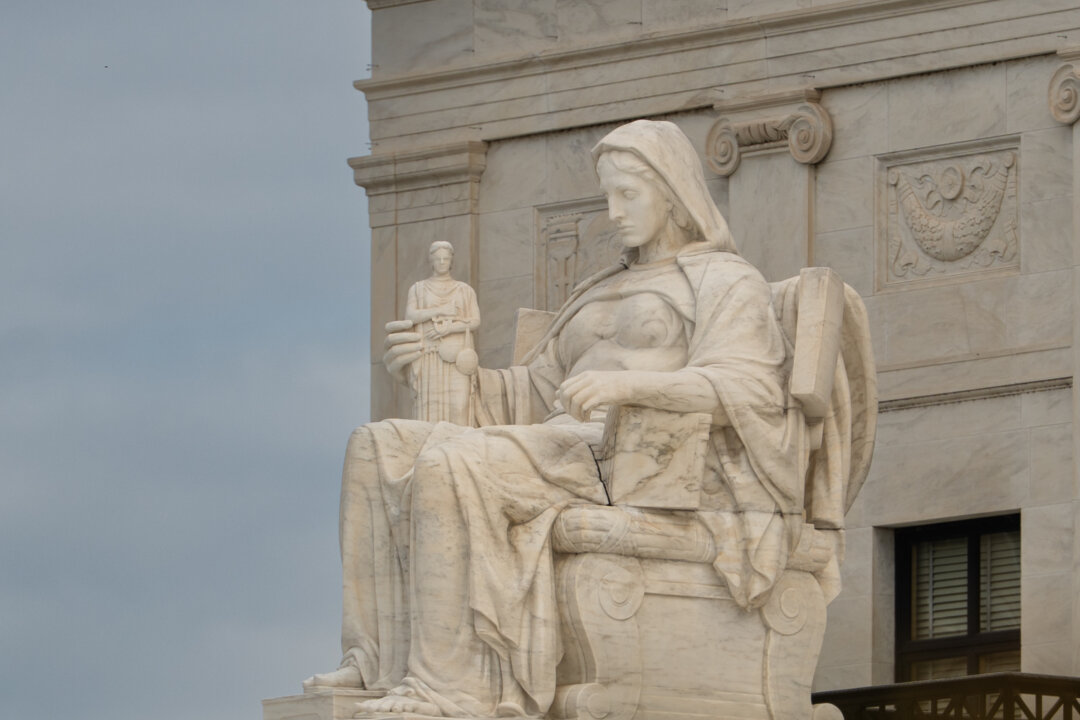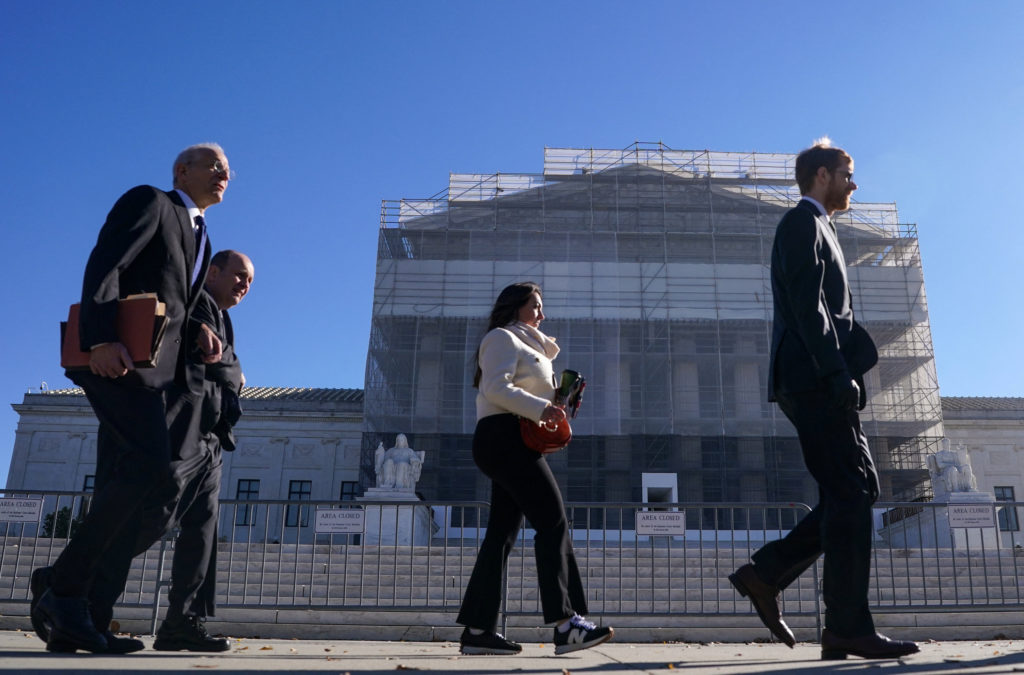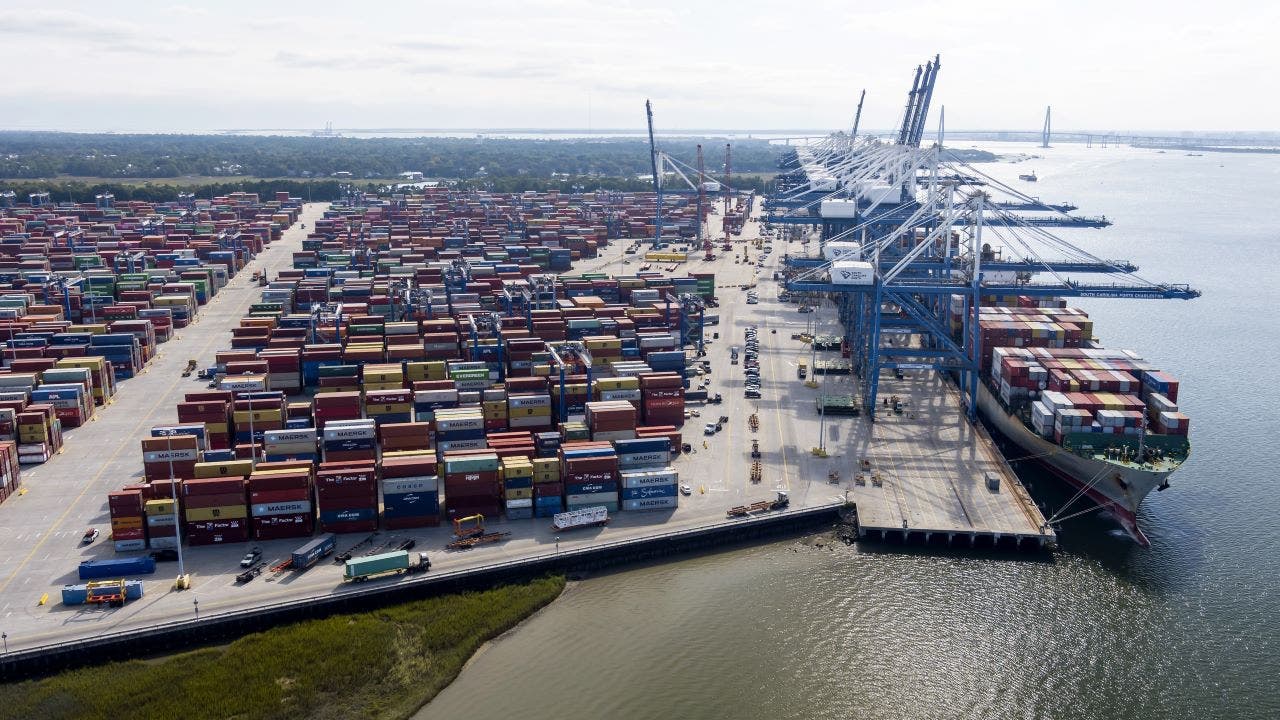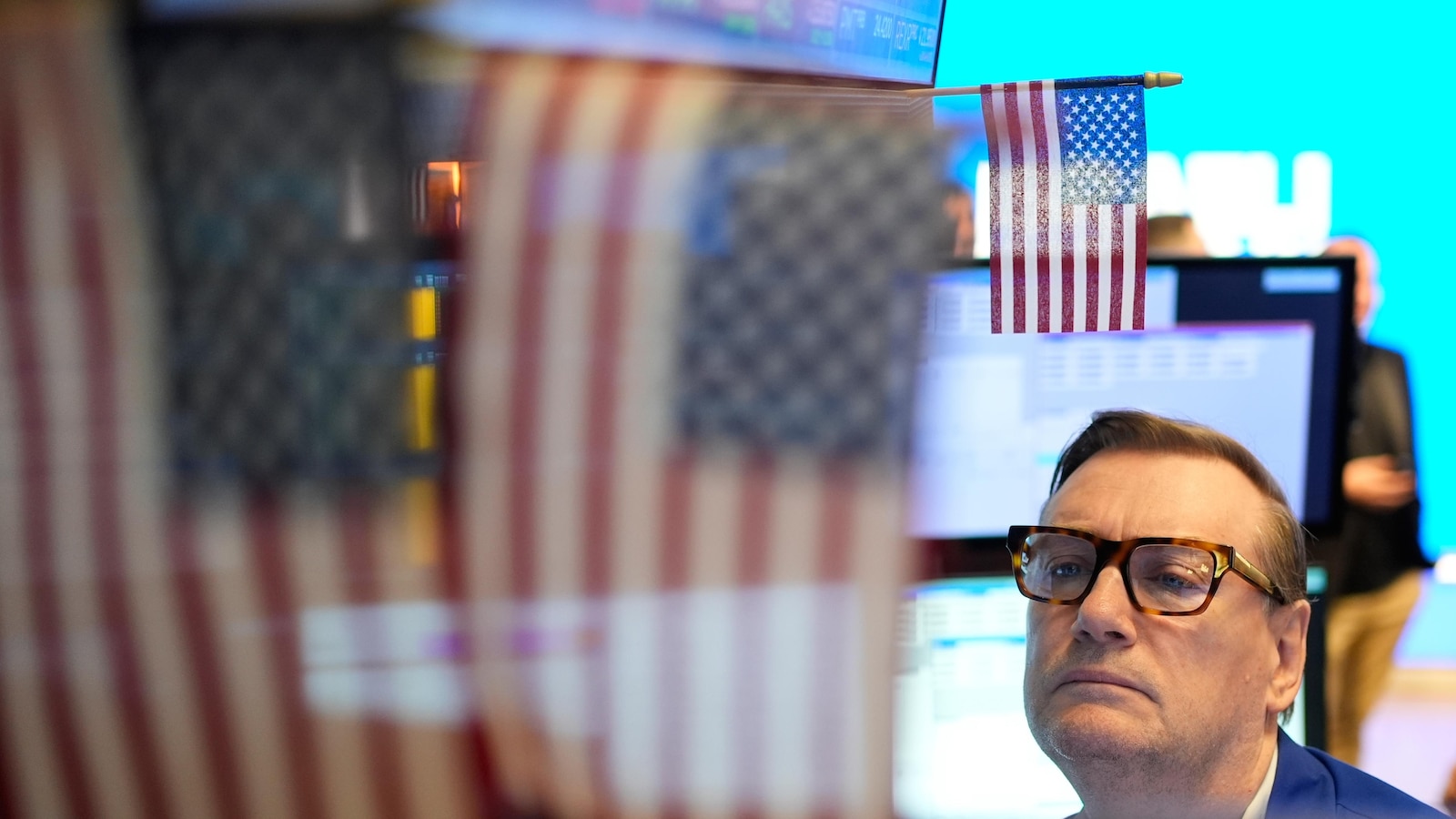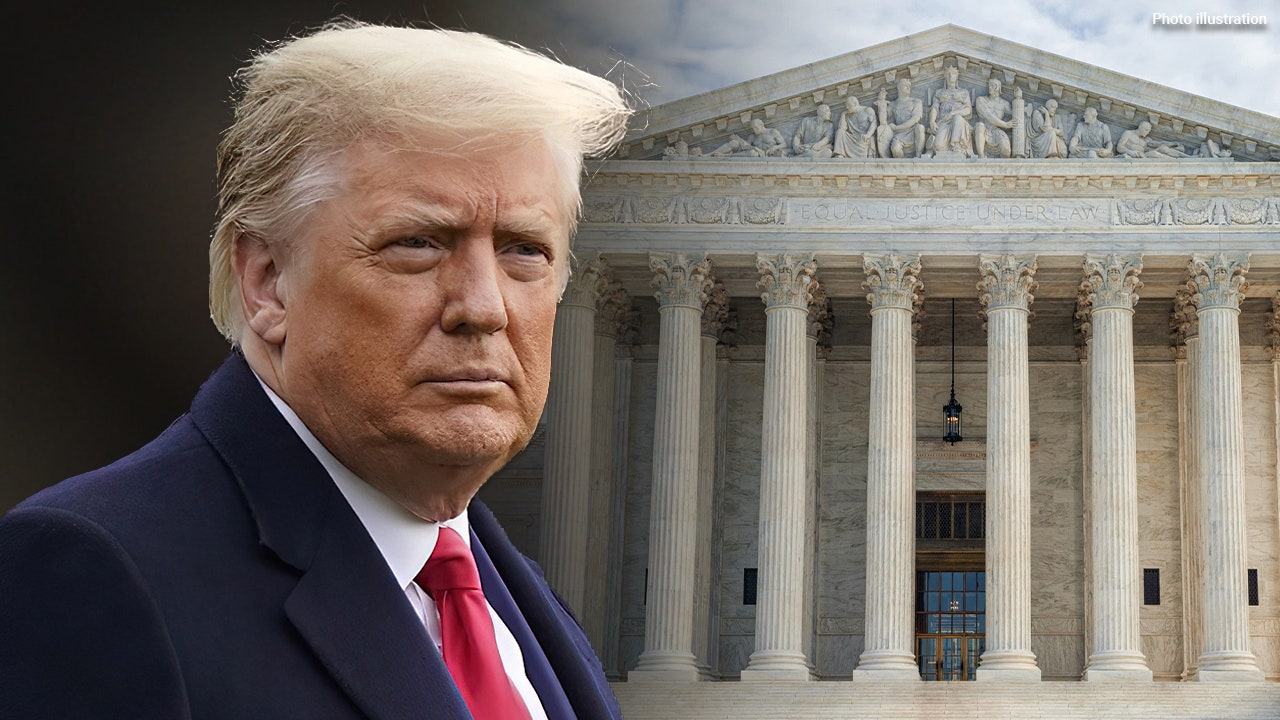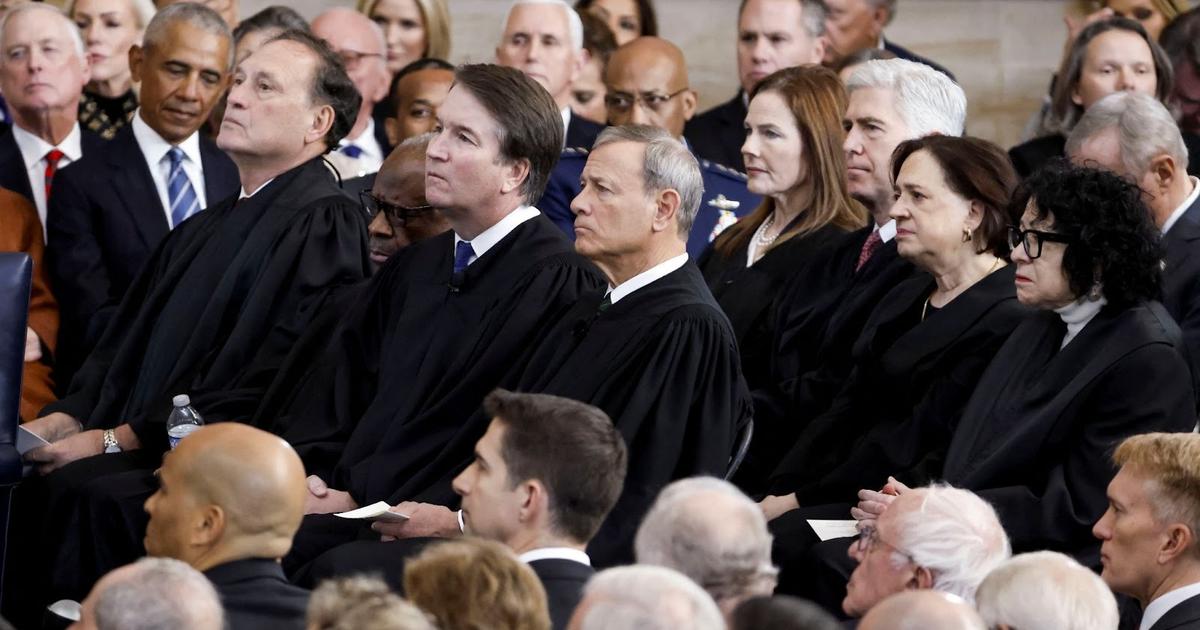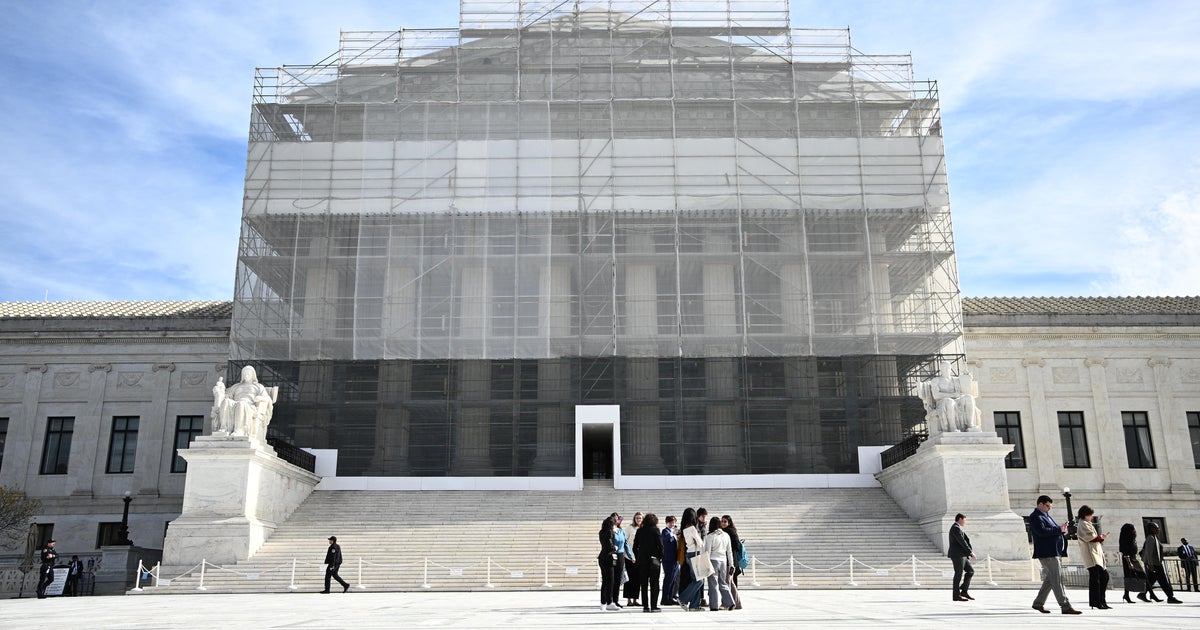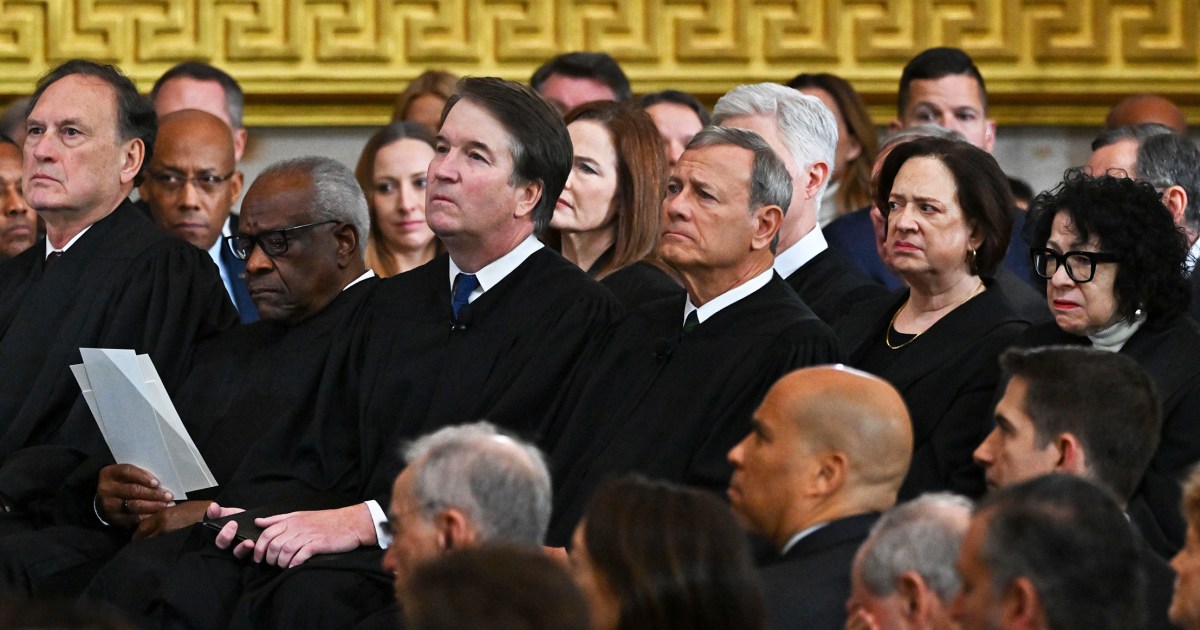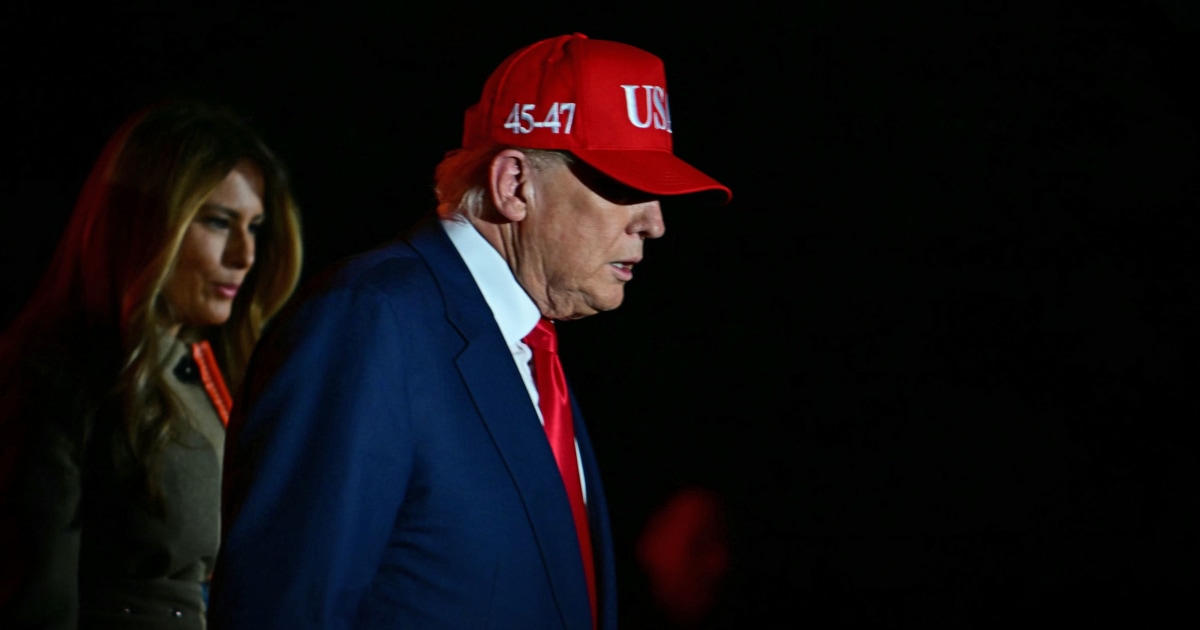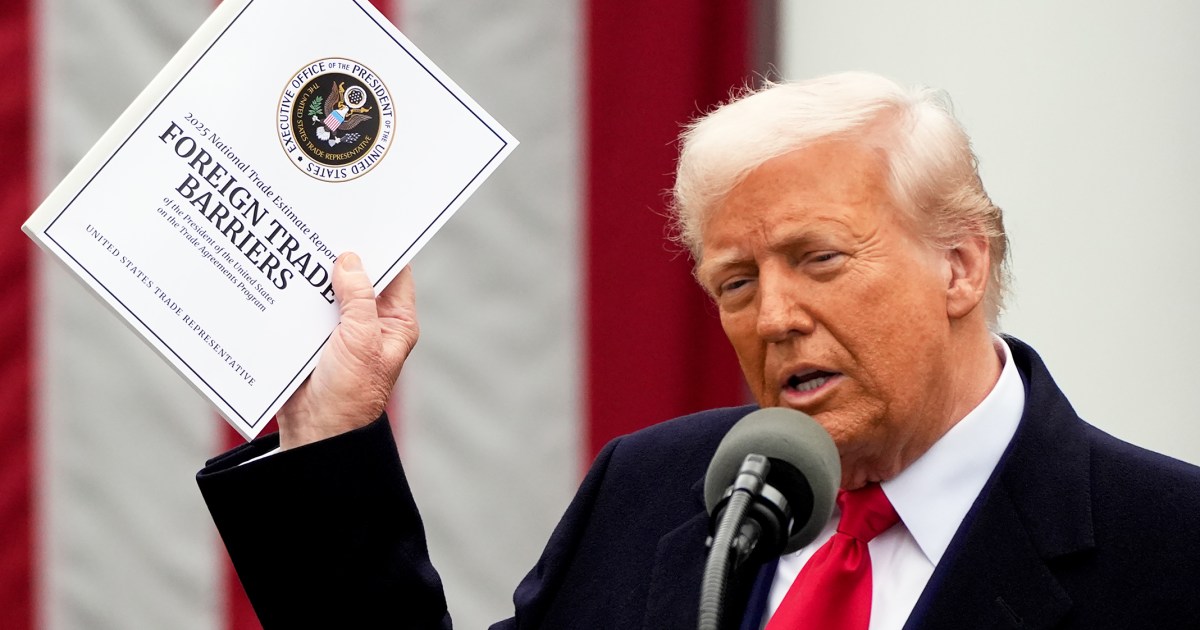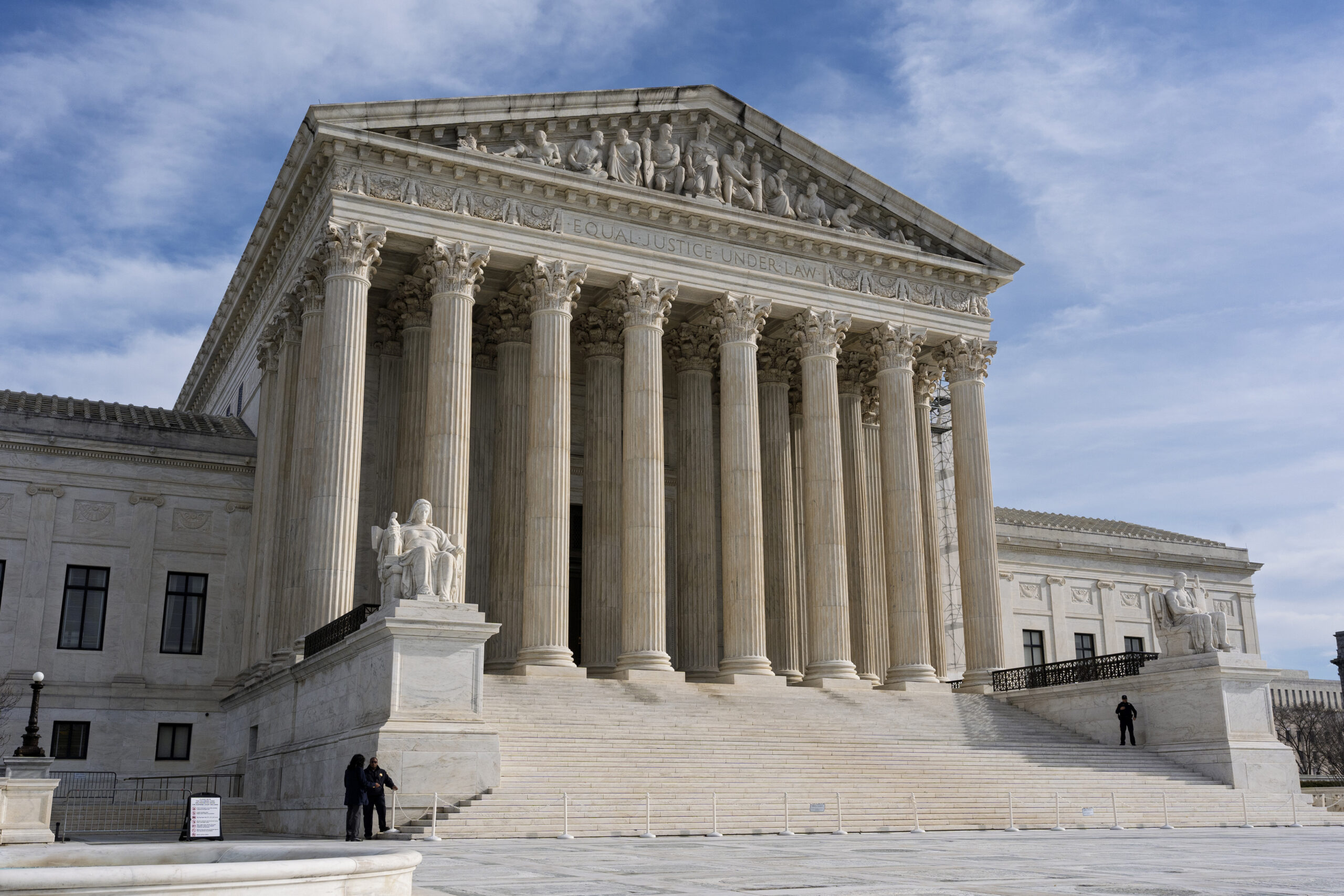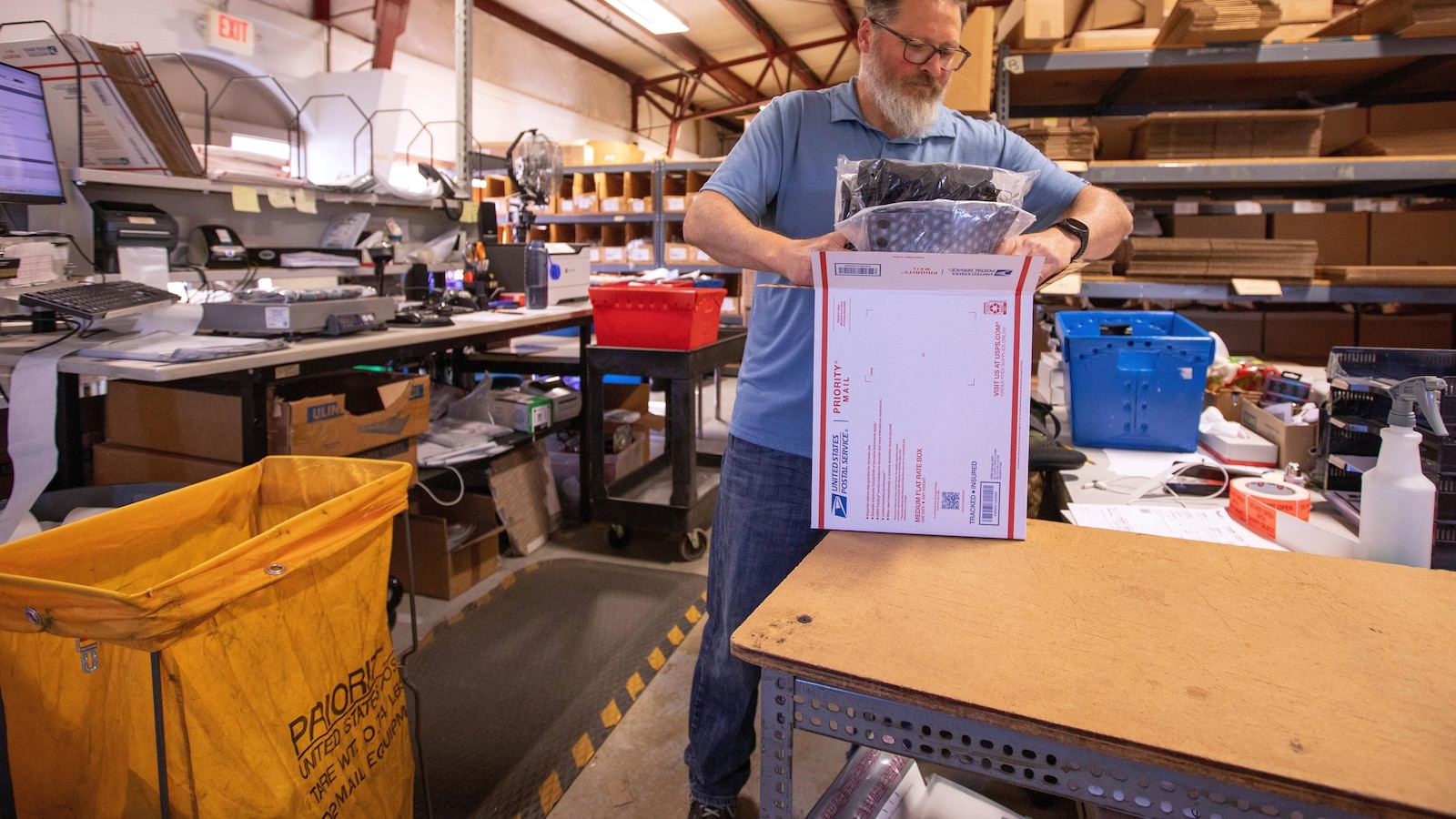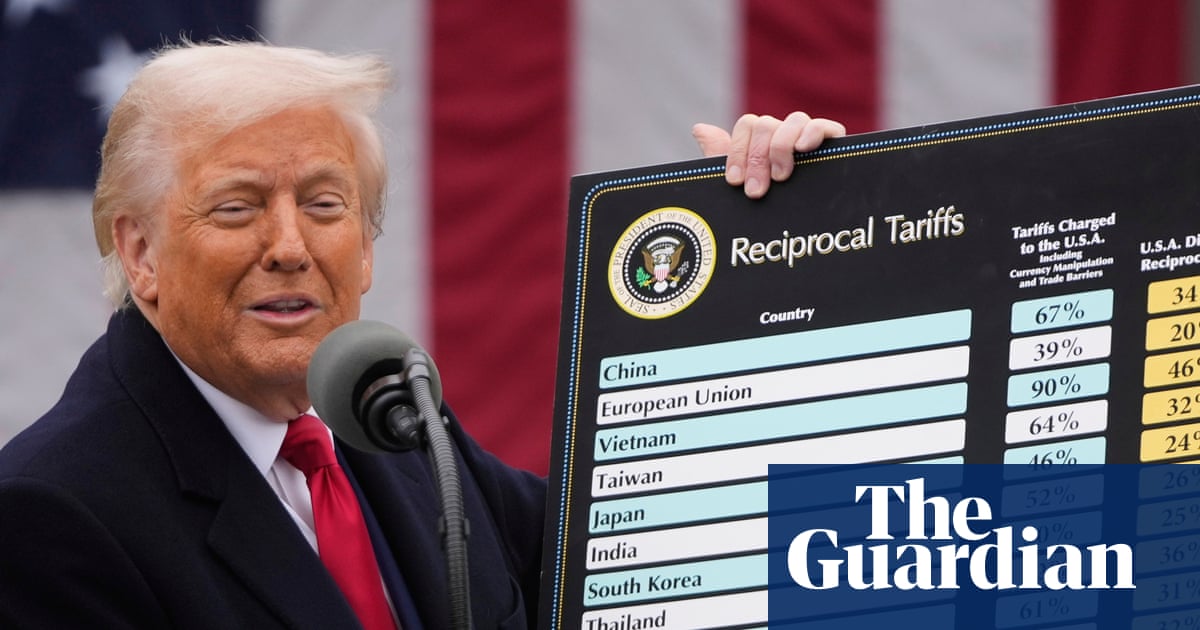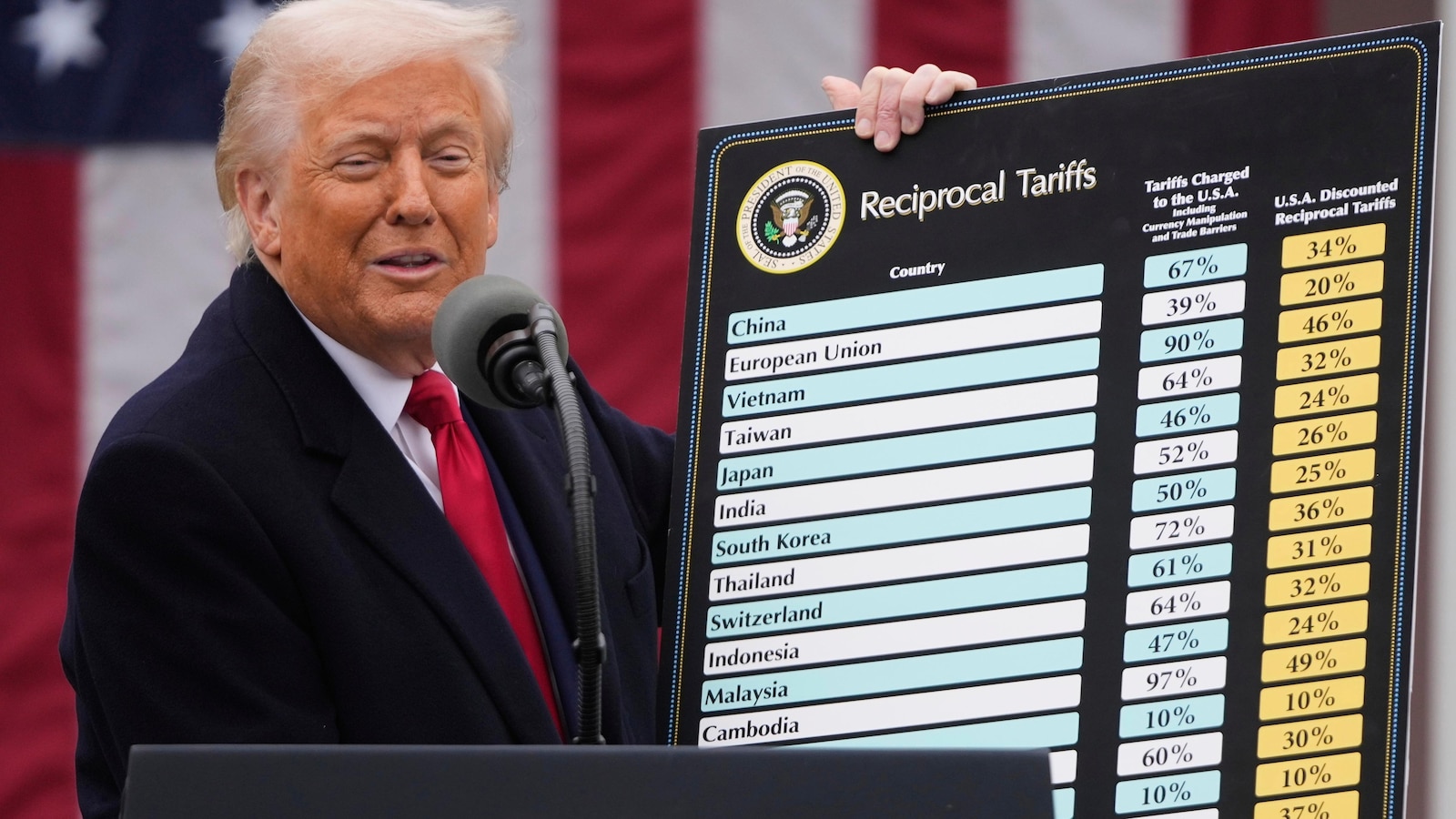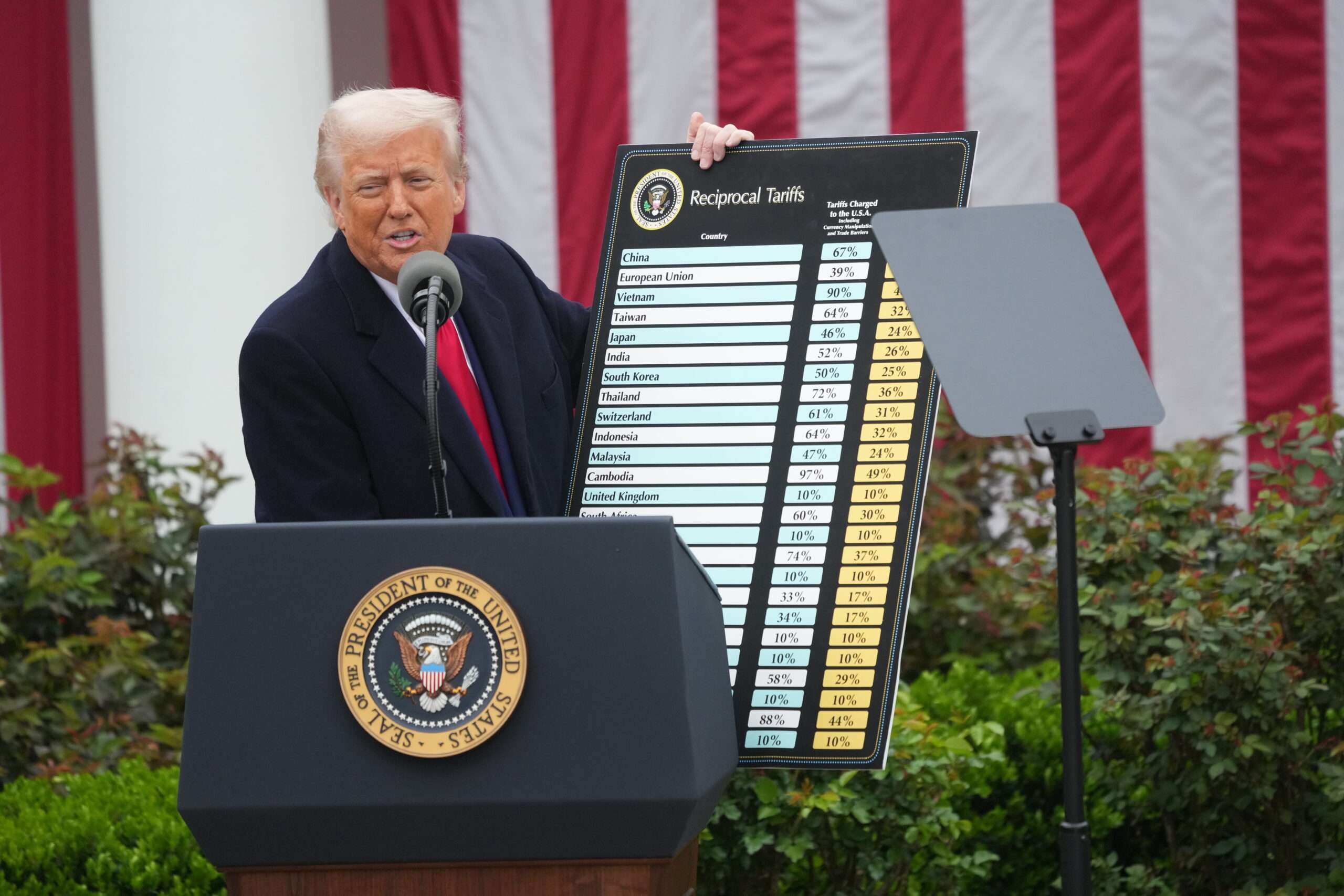Supreme Court Scrutinizes Trump's Tariff Authority, Highlighting Constitutional Concerns
Supreme Court justices question President Trump's unilateral tariff authority under a 1977 law, emphasizing Congress's constitutional power over tariffs and potential $100B refunds.
Overview
- The Supreme Court is currently reviewing President Trump's authority to impose tariffs, specifically examining his use of the 1977 International Emergency Economic Powers Act (IEEPA).
- Justices, including Trump appointees, expressed significant skepticism regarding the President's ability to unilaterally impose tariffs without explicit Congressional approval, citing constitutional concerns.
- The US Constitution grants Congress the sole authority to issue taxes and tariffs, a point emphasized by the justices and central to the challengers' arguments against Trump's actions.
- Multiple lower courts have already ruled against President Trump's use of emergency powers for tariffs, leading to the Supreme Court hearing cases from states and small businesses.
- A ruling against President Trump could significantly hinder future trade negotiation leverage and potentially compel the Treasury to refund over $100 billion in collected tariff revenue.
Report issue

Read both sides in 5 minutes each day
Analysis
Center-leaning sources frame the Supreme Court's hearing on Trump's tariffs by emphasizing judicial skepticism and concerns about presidential overreach. They highlight the "sweeping" nature of the tariffs and the potential for a "one-way ratchet" of executive power, while underscoring the negative economic impact on American consumers and small businesses. The collective narrative focuses on the challenge to traditional congressional authority.
Articles (30)
Center (15)
FAQ
The IEEPA is a 1977 U.S. federal law that authorizes the president to regulate international commerce after declaring a national emergency due to an unusual and extraordinary threat originating outside the U.S. President Trump used this act to impose tariffs, but the Supreme Court is scrutinizing whether this use is lawful.
Justices doubt the President can unilaterally impose tariffs without explicit Congressional approval because the U.S. Constitution grants Congress sole authority to tax and impose tariffs. The President’s use of IEEPA for tariffs raises constitutional concerns about separation of powers.
A ruling against Trump could limit the executive branch's ability to impose tariffs unilaterally, potentially weaken U.S. trade negotiation leverage, and compel the Treasury to refund over $100 billion in tariff revenue already collected.
Multiple lower courts have ruled against Trump's use of the International Emergency Economic Powers Act to impose tariffs, prompting the Supreme Court to review the issue.
According to the U.S. Constitution, Congress has the sole authority to impose taxes and tariffs, a central point in the Supreme Court's constitutional concerns about the President’s tariff actions under IEEPA.
History
- 4h

 5 articles
5 articles
- 7h

 6 articles
6 articles
- 10h

 10 articles
10 articles
